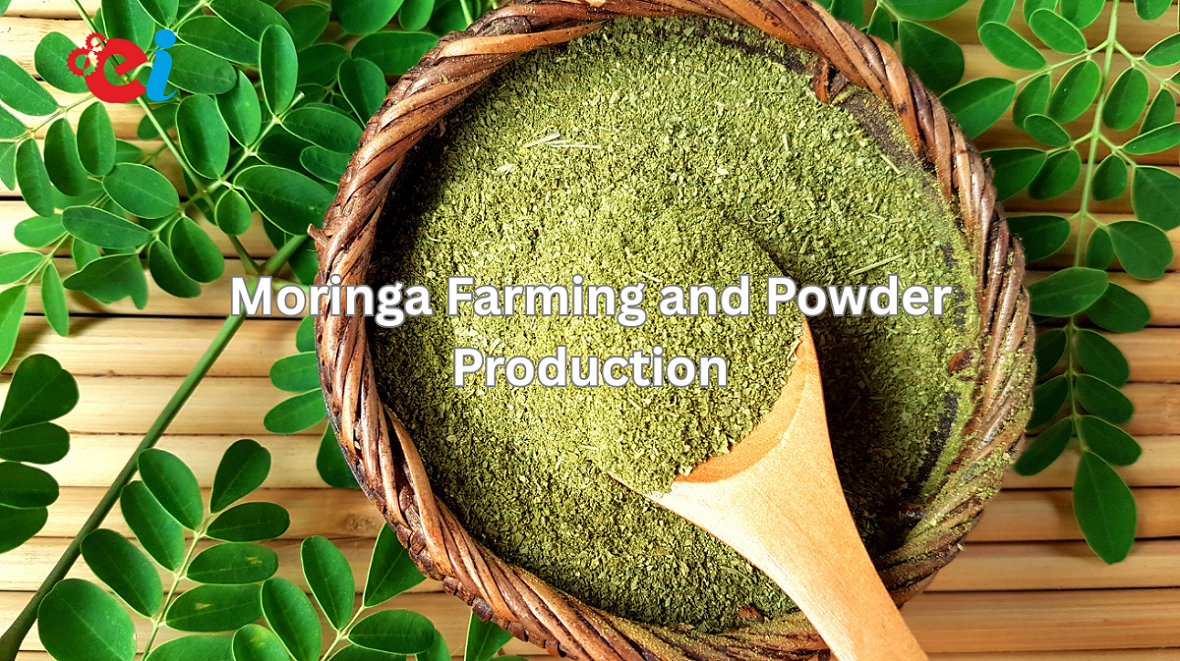During recent times, the edible oil sector in India has demonstrated substantial expansion. The expansion of the edible oil business has been significantly accelerated through the development of palm oil production. Entrepreneurs and startup founders should consider establishing Palm Oil Refinery and Repacking Units as an outstanding business venture. The following blog provides an analysis of palm oil market value along with operational procedures and profitability indicators that demonstrate why starting this business is beneficial.
Market Overview
The palm oil refinery and repacking units market in India has demonstrated remarkable expansion because of rising national edible oil consumption. The edible oil import section in India heavily depends on palm oil. The world ranks India among its largest palm oil-importing countries. The Indian palm oil market started 2022 with a value of $7.3 billion,, while experts predict a 5% compound annual growth rate (CAGR) until 2030. The market shows steady growth because palm oil serves multiple industries, which benefit from a growing population and rising economic wealth.
billion,
Global palm oil price movements, together with regulatory changes for imports and increasing competition from alternative oils, influence the present market state. The palm oil imports for India reached their lowest levels during January 2025 since 2011 when they decreased by 46%. Palm oil business interests will have numerous expansion prospects going forward because of the forthcoming market recovery in this sector.
Demand for Palm Oil
India shows strong market demand for palm oil, which derives from its ability to be used broadly in cooking and food manufacturing activities. Palm oil operates under market forces controlled by price variations and changes in customer taste preferences. India imported fewer palm oil products in February 2025 because the price of soyoil became more attractive than palm oil refinery and repacking units. The unfavorable refining conditions for palm oil caused refiners to choose less expensive alternatives. Despite current market changes, palm oil retains strong prospects for the long term because it is extensively applied throughout industrial sectors.
Enterprises interested in the market need to study existing market trends while understanding all factors influencing supply and demand. Businesses that monitor marketplace trends successfully modify their approaches to handle these market fluctuations.
Opportunities in Palm Oil Refining and Repacking
The palm oil refining sector, together with its repackaging operations, creates multiple prospects for market expansion. Creating a palm oil refinery combined with a repacking unit demands multiple items, starting from acquiring crude palm oil (CPO) through product delivery for sale. The palm oil refining and repacking business involves multiple operational phases that enable company owners to boost their productivity and earnings potential.
Project Report Related To : Edible Oil Refinery from Crude Palm Oil
Sourcing Crude Palm Oil (CPO)
The beginning of starting a palm oil refinery and repacking units includes acquiring crude palm oil (CPO) as its initial step. The supply of CPO comes either from Indian farmers or overseas suppliers. The countries of Indonesia and Malaysia function as leading palm oil exporters who supply it with its substantial imported CPO requirements. The rising domestic palm oil production might make it feasible for Indian businesses to choose local CPO as their source.
Refining Process
The refineries begin processing CPO after acquiring the raw material from its source. The oil refining stage requires the elimination of free fatty acids together with colorants and odors. The refinery step functions as an essential element for edible oil production because it guarantees quality standards and safety requirements necessary for the final product. The oil refining operation consists of chemical refining along with physical refining as its main approaches. The chemical refining technique employs caustic soda chemicals to extract impurities, but physical refining conducts oil refining through heat treatment with pressure application.
The palm oil refining sector can reach high efficiency with skilled personnel and quality machinery to produce exceptional product quality. Processed palm oil becomes available for multiple consumer products, including cooking oils and margarine, and additionally extends to create non-food items, including soaps and cosmetics.
Repacking and Packaging
The refined oil undergoes repacking operations before being converted into different customer-oriented packaging formats at the completion of the process. The process of repacking includes both small bottles which people use at home and large industrial containers for business and industrial requirements. The crucial aspect of this process stage helps firms identify different market segments while providing options that fulfill consumer needs. A business can utilize repacking as a medium to strengthen their brand presence and product packaging enabling consumer loyalty and market attention acquisition.
Businesses have two options after basic repacking they can opt to produce flavored refined oil products and fortified oil products with added dietary supplements. The novel products presented by businesses enable them to seize new markets and draw more consumers.
Regulatory Considerations
A Palm Oil Refinery and Repacking Unit requires businesses to examine all necessary regulations before commencing operations. Rules and regulations regulate the edible oil industry in India specifically through provisions related to food safety standards alongside labeling requirements and packaging specifications. Import taxes and duties implemented by the government will affect your business cost structure in edible oil operations.
The Indian government increased vegetable oil import tariffs to promote domestic agricultural producers. This policy initiative supports Indian producers while lowering foreign palm oil supply thus affecting international palm oil market rates. The palm oil refining and repacking sector requires business entrepreneurs to monitor present-day policy modifications.
Read More About : Palm Oil Production and Processing Industry
Role of Niir Project Consultancy Services (NPCS)
Business initiation into the Palm Oil Refinery with Repacking Unit demanded expert knowledge about machinery selection and plant design and regulatory requirements. The palm oil sector will benefit significantly from Niir Project Consultancy Services (NPCS) operations.
As a well-known consultancy firm NPCS delivers significant services to help entrepreneurs launch new palm oil businesses. The company provides project details together with business feasibility analysis and engineering support for palm oil refining operations and packaging solutions. Businesses can successfully maneuver palm oil industry challenges by using their clients’ complete service range which optimizes enterprise possibilities.
Conclusion
The Palm Oil Refinery and Repacking business offers significant growth opportunities due to the increasing demand for palm oil in India. While market fluctuations and regulatory changes may pose challenges, the overall outlook for the palm oil industry remains positive. By focusing on refining high-quality oil and offering diverse packaging options, businesses can tap into a profitable market.
With the support of expert consultancy services like Niir Project Consultancy Services, entrepreneurs can successfully navigate this sector and build a thriving business. For those looking to enter the palm oil market, now is a great time to explore the possibilities.







